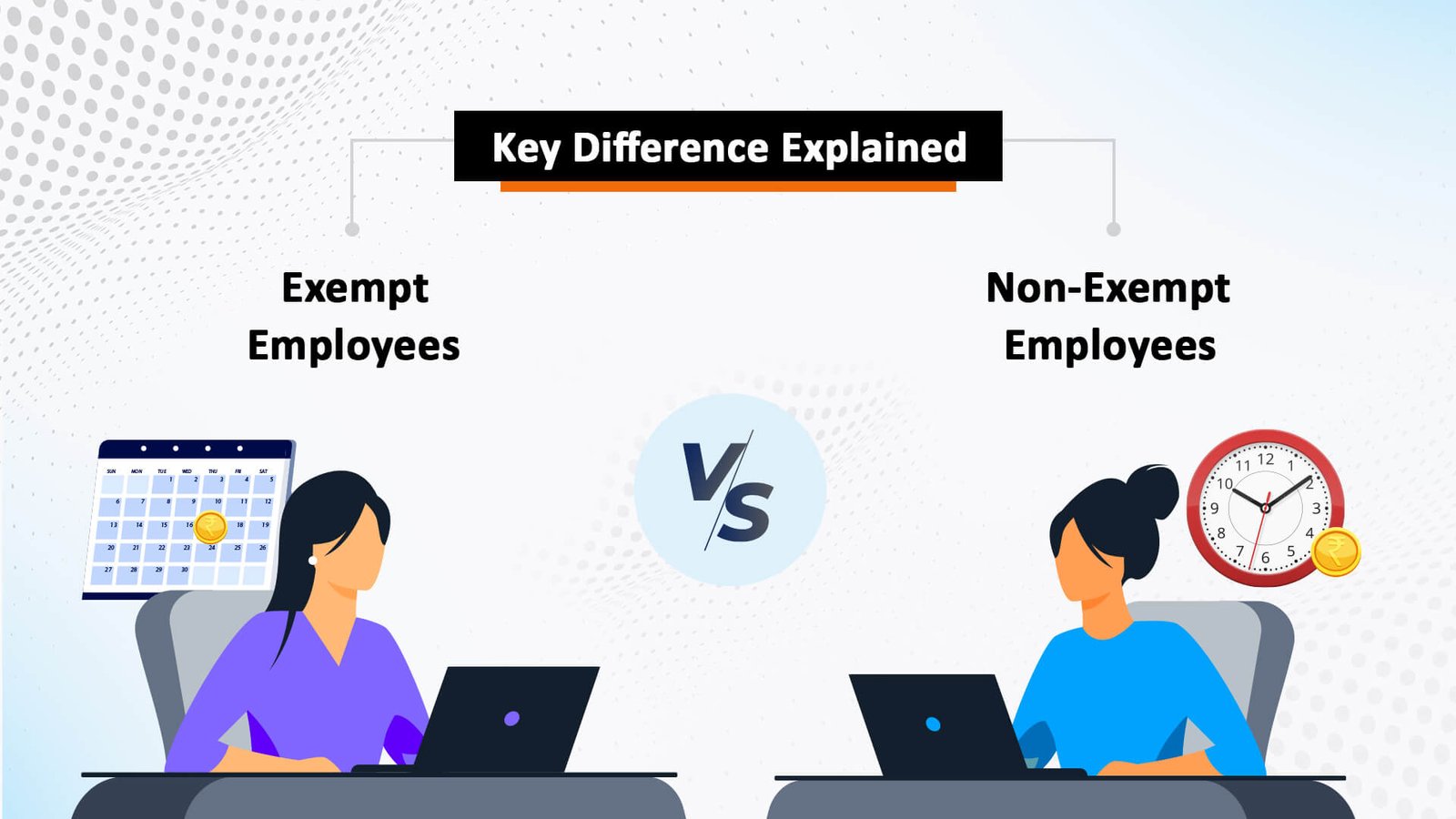A truck driver’s earnings differ significantly from a regular employee’s as they are paid based on miles, loads, stops, and detentions. Managing their pay stubs involves more than just handing out truck drivers pay stubs.
A pay stub is an earnings statement, a detailed summary of a driver’s wages, deductions, and net pay for a particular timeframe. It serves as a legal document for both the employer and employee for financial purposes.
A truck drivers have a unique income structure. Their pay stub might include hourly wages, bonuses, overtime, and reimbursement for travel-related expenses, making a clear and correct pay stub essential.
A well-curated truck driver’s pay stub lists gross, deductions, and net pay. It might include hours worked, miles driven, rate per mile, or any reimbursement.
Truck Drivers rely on those documents, from budgeting to loan applications. Getting them right is a vital part of running a professional trucking operation.
In this guide, we’ll walk you through the step-by-step process of creating Truck Drivers’ pay stubs, what details to include, tools you can use, and best practices to comply with legal requirements.
Understanding Truck Payroll
Truck payroll is the process of paying the truck drivers for their services. Trucking payroll is based on several factors: hours worked, miles driven, loads transported, and incentive pay.
Trucking payroll can be difficult to calculate, as truck drivers often find it difficult to log working hours while driving.
Trucking payroll can appear complex, but this process is divided into various steps. As long as regulatory compliance is maintained, overtime is calculated for the final pay, and records are kept.
Components of a Trucking Company
Hours logged, mileage, and deductions influence driver payroll. Hours logged are the time a driver spends on the road, regardless of their load or circumstances.
The mileage is accounted for with driver payroll, that is, the miles that are driven during a trucking job.
Bonus is referred to as overtime pay, which increases for drivers.
Deductions are the amount removed from a paycheck, such as taxes or insurance payments through the business.
Why are Paystubs Important for Truck Drivers?
Before we see how we can create a Truck Driver Paystub, let us see:
- Proof of Income: Needed for loans and financial planning.
- Tax Purposes: It simplifies the tax filing process and helps in tracking deductions
- Transparency: It builds trust between the employer and driver
- Legal Compliance: Many states require employers to provide detailed earnings statements.
How can you Create Pay Stubs for Truck Drivers?
To create pay stubs for truck drivers, follow these steps:
- Visit Stubcreator’s official website.
- Fill in basic information such as company name, employee name, and earning information.
- Once all the information has been filled out, our tool will work its magic and generate your pay stub.
- Check for any errors on your paystub.
- You can download the pay stub in PDF format.
Why do Truck Drivers Need Paystubs?
Paystubs play a big role and have several purposes. It provides transparency about employees and employers for wages earned and deductions made. In the case of truck drivers, pay stubs come in handy for various reasons, such as:
- Tax Purposes: Pay stubs provide a detailed breakdown of earnings and deductions, which is important.
- Loan Applications: Pay stubs are required to be shown while applying for loans.
- Compliance: Pay stubs ensure employers comply with the labor laws, including the FLSA.
Is There a Free Paystub Generator for Self-Employed Individuals?
Tips for Trucking Firms While Generating Paystubs
Below are some of the most common tips that companies should follow:
- Accuracy: Make sure that pay stubs are accurate. Mistakes in pay stubs can lead to errors and, in the worst case, even legal issues.
- Transparency: Insert all the vital information on the pay stubs, from earnings to deductions.
- Compliant: Make sure you comply with all the state and federal laws. This includes following proper tax guidelines and ensuring that deductions are accurate.
Additional Information
Some of the additional information includes:
- Reimbursement for Expenses: Truck drivers must often pay for fuel, meals, and vehicle tolls.
- Commission Pay: Some truck drivers will get paid if they comply with the number of miles and cargo they deliver by commission.
- Per diem: Many trucking companies provide drivers with per diem allowances to cover their daily living expenses. Per diem payments are exempt from taxation; thus, they must be kept separate from other forms of pay.
Key Takeaways
Preparing truck driver pay stubs serves three essential purposes: regulatory compliance, organizational transparency, and positive employer-employee relations. By combining proper steps and legally compliant paystub tools, drivers can confirm their on-time pay delivery through organized documentation.
FAQ's
What information should be included on a truck driver's pay stub?
+
A truck driver’s pay stub should include gross pay, hours or miles driven, deductions, taxes, and net pay.
Can I use a paystub generator for truck drivers?
+
Yes, many online paystub generators allow you to customize pay stubs with mileage, per diem, bonuses, and deductions specific to trucking.
Do owner-operators need pay stubs?
+
While not legally required, owner-operators may need pay stubs for loans, rentals, or tax purposes and can create them manually or with a generator.
How often should pay stubs be issued to truck drivers?
+
Pay stubs should typically be issued with each pay period, whether weekly, bi-weekly, or monthly, depending on the payroll schedule.





